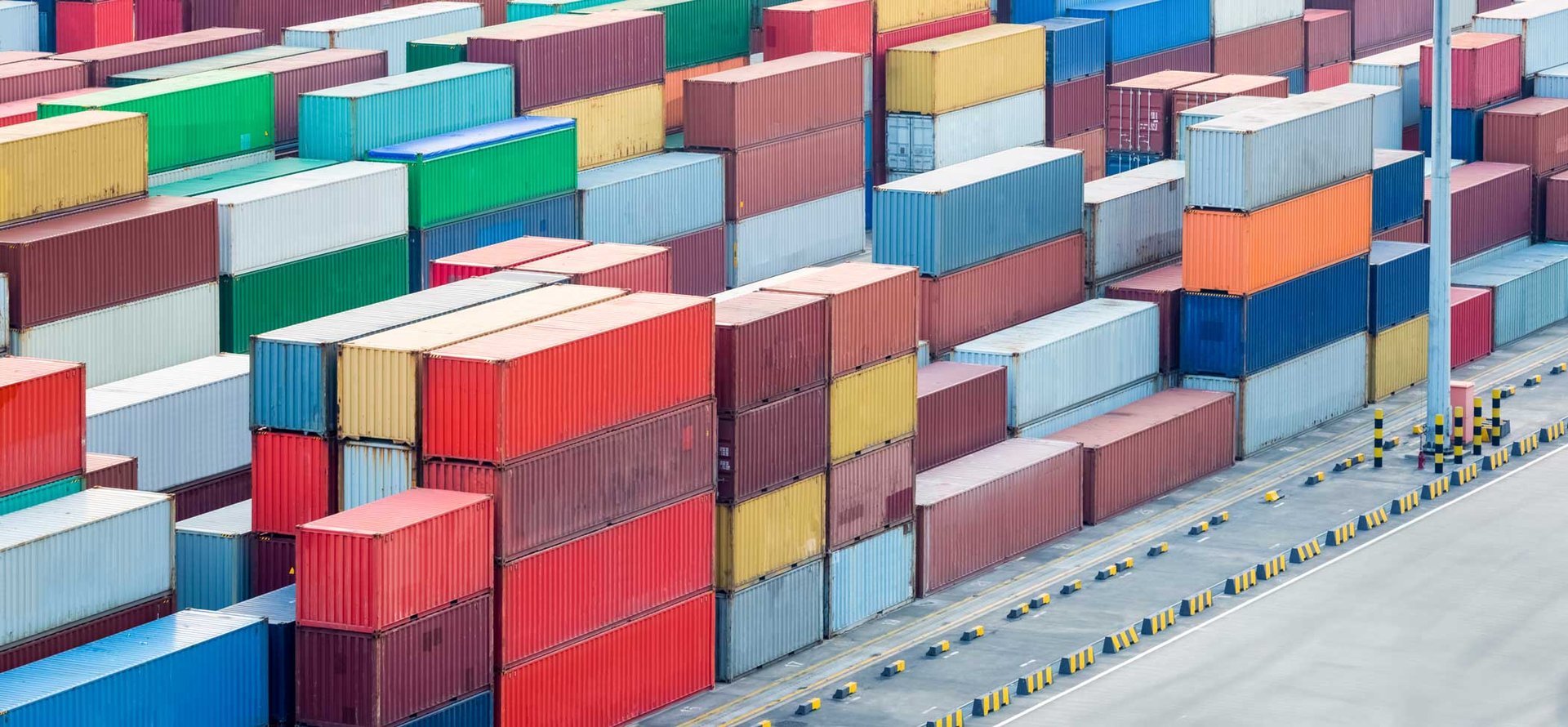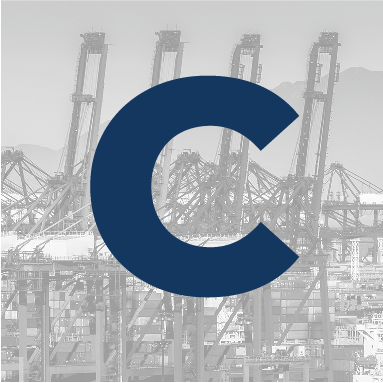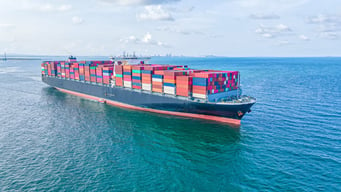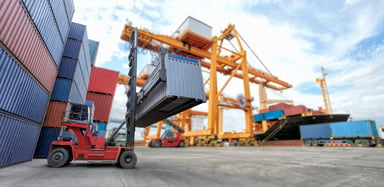
Cost and Freight (CFR)

Home > Freight Glossary > Cost and Freight

Trending
CFR Meaning in Shipping
CFR, which stands for Cost and Freight, is an Incoterm used in international trade to define the responsibilities of both the buyer and the seller. Under CFR Incoterms, the seller is responsible for covering the cost of shipping the goods to the destination port, including freight charges, but the risk of damage or loss is transferred to the buyer once the goods are loaded onto the vessel at the port of departure. CFR in shipping terms is most commonly used in sea freight but can also apply to air freight under specific circumstances.
CFR Incoterms Buyer and Seller Responsibilities
Seller’s Responsibilities:
- The seller arranges and pays for the transportation of the goods to the destination port.
- The seller is responsible for export customs clearance.
- Once the goods are loaded onto the vessel, the risk of loss or damage transfers to the buyer.
Buyer’s Responsibilities:
- The buyer takes on the risk after the goods are loaded onto the vessel.
- The buyer is responsible for import duties, taxes, and customs clearance at the destination port.
- The buyer arranges and pays for transportation from the destination port to the final delivery location.
Financial Components of CFR
CFR Cost Freight
CFR cost and freight include the expenses related to transporting goods from the seller’s premises to the destination port. This covers freight charges, port handling fees, and export clearance costs. However, it excludes insurance, which is the buyer's responsibility.
CFR Pricing
CFR pricing is determined by several factors, such as the size and weight of the goods, the mode of transport, and the distance between the origin and destination ports. While the seller handles the cost up to the port, buyers must account for additional charges like unloading, duties, and transportation beyond the destination port.
CFR Price Shipping
The CFR price shipping quote will include the cost of moving the goods to the destination port but not the costs associated with delivering the goods from the port to the final destination. Buyers should carefully review CFR shipping quotes to understand what’s included and what additional expenses may arise.
CFR Shipping Methods
CFR Sea Freight
CFR sea freight is the most common application of this Incoterm. It is ideal for bulk shipments or large volumes of goods where the seller can handle the logistics of moving the goods to the port and the buyer can manage the delivery from the destination port onward.
CFR Air Freight
While less common, CFR air freight can be used in specific cases where the goods are transported by air. The same principles apply: the seller covers the cost of moving goods to the destination airport, but the risk is transferred to the buyer once the goods are on the aircraft.
Risks and Insurance in CFR
Risk Transfer Under CFR
The risk transfer under CFR freight terms occurs once the goods are loaded onto the ship at the port of departure. This means that if the goods are damaged or lost during transit, the buyer assumes responsibility for any losses from that point forward, even though the seller is paying for the transportation to the destination port.
Insurance Requirements and Recommendations
There is no mandatory insurance required under CFR Incoterms, leaving the buyer responsible for arranging insurance if they choose to do so. It is generally recommended for buyers to secure insurance coverage to protect their goods during transit, given that the risk transfers as soon as the goods are loaded onto the vessel.
CFR Delivery Terms
Delivery Conditions and Terms in CFR Transactions
Under CFR delivery terms, the seller’s responsibility ends once the goods are loaded onto the ship, with the buyer assuming control at the port of destination. However, any additional costs beyond the delivery to the destination port, including terminal handling charges or transportation to the final delivery point, fall under the buyer’s responsibility.
Managing Deliveries Under CFR
Managing deliveries under CFR requires close coordination between the buyer, the seller, and the shipping carrier. The buyer must ensure arrangements are made at the destination port for unloading, customs clearance, and transportation to the final delivery point. Clear communication between both parties is essential to avoid delays or confusion over responsibilities.
Practical Examples of CFR in Action
A U.S.-based supplier exports machinery to a buyer in Brazil under CFR sea freight terms. The U.S. seller arranges for the machinery to be transported by ship to the Port of Santos, Brazil, covering the cost of freight and delivery to the port. However, once the goods are loaded onto the vessel, the risk of loss or damage transfers to the buyer. The buyer arranges for import clearance, unloading, and transportation from the port to their facility in São Paulo.
Case Studies on Using CFR in Global Trade
Example 1: Shipping Raw Materials
An Australian mining company sells raw minerals to a steel manufacturer in China using CFR Incoterms. The seller pays for the transportation of the minerals to the Port of Shanghai, but the risk passes to the buyer once the minerals are loaded onto the ship. The buyer takes responsibility for insurance, import duties, and transportation from the port to their factory.
Example 2: Electronics Shipment
A European electronics manufacturer uses CFR freight to send components to a distributor in South Africa. The seller arranges for transportation and covers costs to the Port of Durban, but the buyer manages the risk from the moment the goods are loaded onto the ship and must arrange transport from the port to their warehouse.
Contact

Ocean Freight

Road Freight








